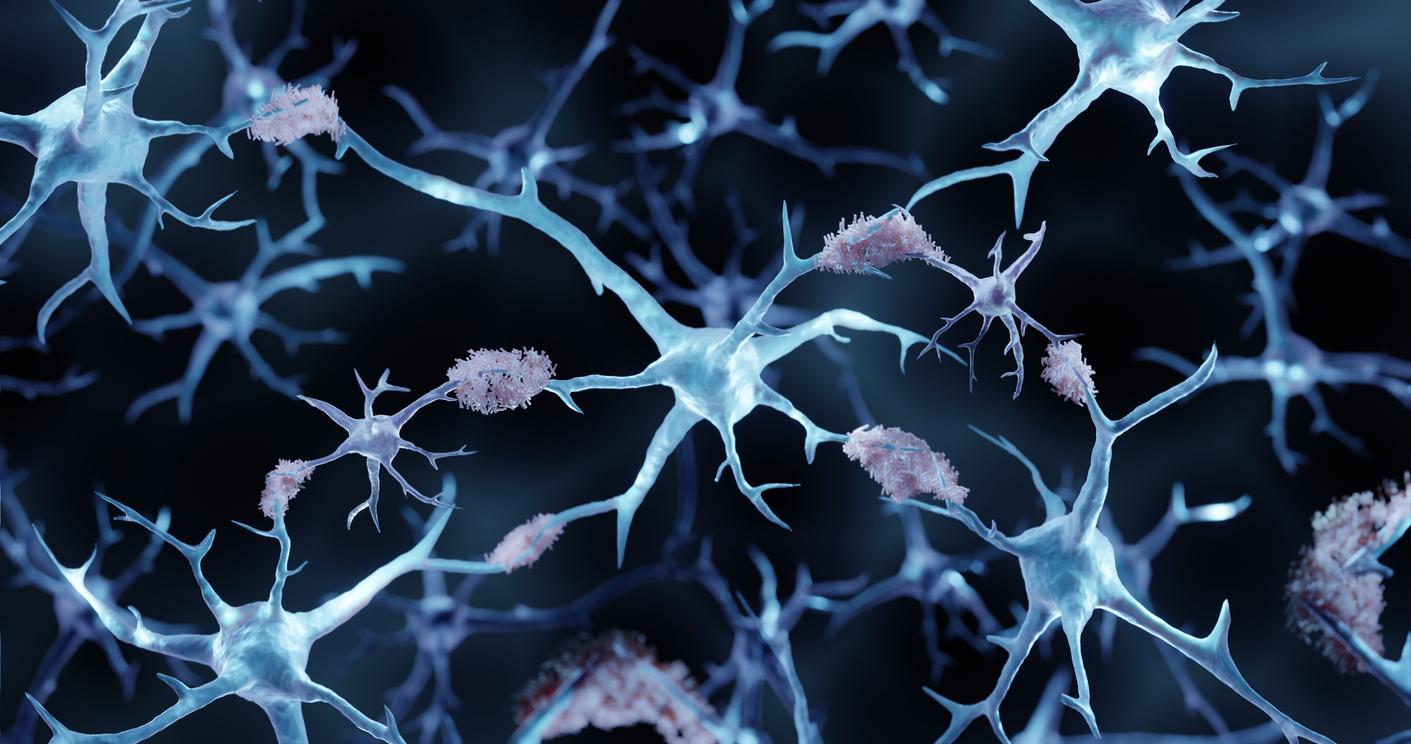An additional dietary intake of omega-3 docosahexaenoic acid (DHA) can halve the risk of developing this pathology characterized by progressive and irreversible damage to the brain.

- In France, approximately 1.2 million people are affected by Alzheimer’s disease.
- This condition affects 15% of people over the age of 80.
“Docosahexaenoic acid (DHA), found naturally in oily fish, is an omega-3 fatty acid that may help prevent Alzheimer’s disease,” wrote American and Spanish scientists in a study published in the journal Nutrients June 9.
As part of this work, they examined the association between docosahexaenoic acid in red blood cells and the development of Alzheimer’s disease, while looking for an interaction with membership in APOE-ε4, namely a predisposition gene that doubles a patient’s susceptibility to contracting this neurodegenerative pathology. For the purposes of the study, the researchers analyzed data from a cohort, called the “Framingham Offspring Cohort”, involving 1,490 adults over the age of 65 who did not have dementia.
Risk reduced by 49% thanks to a high intake of omega-3s
After having a follow-up of about seven years, 131 cases of Alzheimer’s disease have been recorded. According to the results, the risk of developing Alzheimer’s disease in volunteers with high blood levels of omega-3 DHA was 49% lower. The team estimated that an increase in docosahexaenoic acid in red blood cells resulted in an additional 4.7 years of life free from this neurodegenerative condition.
In addition, the authors noted that an increased intake of omega-3 DHA could in particular reduce the risk of suffering from Alzheimer’s disease in patients carrying the APOE-ε4 gene. This suggests that these people may benefit more from higher levels of docosahexaenoic acid than those who don’t carry this gene.
“Given that the estimated 2021 health care expenditures for all patients with Alzheimer’s disease or other dementias is $355 billion in the United States, any cost-effective strategy to delay the appearance of the pathology is of capital interest for public health”, said the researchers in a statement.

















